Tips for Managing Your Aspen Vacation Rental Remotely
Remote vacation rental management has transformed from a challenging balancing act into a streamlined, technology-driven operation. Property owners can now deliver exceptional guest experiences while maintaining complete operational control from anywhere in the world.
For Aspen vacation rental owners, remote management presents unique opportunities to capitalize on the area's luxury market without the constraints of physical presence. The combination of advanced property management systems, smart home technology, and strategic local partnerships creates a framework for success that scales with portfolio growth.
This comprehensive guide explores the essential strategies, tools, and best practices for managing your Aspen vacation rental remotely while maintaining the elevated standards that luxury guests expect.
Table of Contents
- Benefits of Managing Your Aspen Vacation Rental Remotely
- Essential Tech Tools for Remote Management
- Building a Reliable Local Infrastructure
- Tailoring Your Remote Management Style
- Ensuring Asset Security and Long-Term Viability
- Maximizing Revenue and Guest Satisfaction
- Conclusion
Benefits of Managing Your Aspen Vacation Rental Remotely
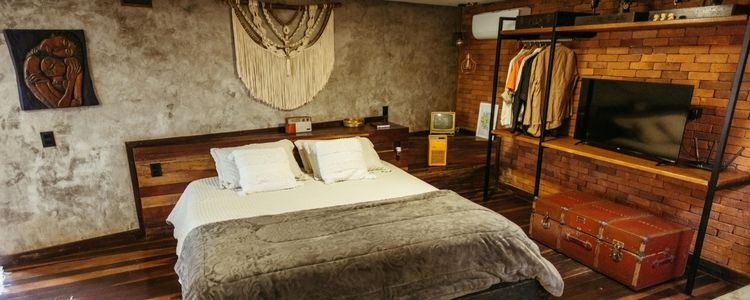
Remote management offers significant advantages for Aspen vacation rental owners, particularly those operating in the luxury market segment. The primary benefit lies in operational freedom — owners can maintain complete control over their properties while pursuing other ventures or enjoying location independence.
Financial optimization becomes more achievable through remote systems. Dynamic pricing tools adjust rates based on snow conditions, festival schedules, and seasonal demand patterns without requiring manual intervention. This automated approach captures revenue opportunities that might otherwise be missed during peak Aspen seasons.
The luxury vacation rental market demands consistency and responsiveness. Remote management systems enable 24/7 monitoring and immediate response capabilities through automated workflows and local support networks. Guests receive concierge-level service regardless of the owner's physical location.
Portfolio scalability represents another key advantage. Once remote systems are established for one property, they can be replicated across multiple Aspen rentals or extended to other mountain destinations. This approach supports growth without proportional increases in time commitment or operational complexity.
Remote management also provides enhanced data insights. Centralized dashboards track performance metrics, guest satisfaction scores, and operational efficiency across all properties. This data-driven approach enables strategic decision-making and continuous improvement.
Essential Tech Tools for Remote Management
Property Management Systems
A robust property management system serves as the operational backbone for remote vacation rental management. These platforms integrate booking calendars, guest communication, task automation, and financial tracking into a unified dashboard.
Modern property management systems offer multi-channel synchronization, preventing double-bookings across Airbnb, Vrbo, and direct booking sites. Automated messaging flows handle pre-arrival instructions, check-in details, and post-stay follow-ups without manual intervention.
Advanced systems include predictive analytics that forecast demand, optimize pricing, and identify maintenance needs before issues arise. These insights prove particularly valuable in Aspen's seasonal market, where timing and preparation are critical.
Smart Home Technology

Smart home devices create a responsive environment that adapts to guest needs while providing remote oversight capabilities. Smart locks eliminate key exchanges and provide detailed access logs for security monitoring.
Climate control systems maintain optimal temperatures while managing energy costs during vacant periods. In Aspen's alpine climate, these systems can adjust for altitude, weather patterns, and occupancy schedules automatically.
Noise monitoring devices help maintain neighborhood relations by detecting disturbances and triggering automated guest communications when thresholds are exceeded. These systems distinguish between normal activity and potential violations.
Security cameras positioned in common areas provide visual confirmation of property conditions and guest compliance with house rules. Strategic placement ensures guest privacy while maintaining oversight capabilities.
Communication Platforms
Effective guest communication requires tools that provide immediate response capabilities and maintain conversation history. Unified messaging platforms consolidate communications from multiple booking channels into a single interface.
AI-powered chatbots handle routine inquiries instantly, while escalation protocols ensure urgent matters reach human attention promptly. These systems maintain the personal touch that luxury guests expect while providing efficient service delivery.
Digital guidebooks replace static welcome binders with interactive, updateable content. These platforms can include local recommendations, property instructions, and emergency contacts with real-time updates.
Building a Reliable Local Infrastructure
Establishing Vendor Partnerships
Success in remote vacation rental management depends heavily on cultivating relationships with reliable local service providers. In Aspen's luxury market, vendors must understand the elevated expectations and attention to detail that discerning guests require.
Cleaning services should specialize in short-term rental turnovers and luxury property maintenance. Look for providers who offer inventory management, quality control protocols, and emergency response capabilities.
Maintenance professionals must be available for both routine upkeep and emergency repairs. Alpine environments present unique challenges including altitude effects on appliances, seasonal weather impacts, and specialized equipment requirements for luxury amenities.
Landscaping and snow removal services are essential for Aspen properties. These providers should understand the aesthetic standards expected in luxury neighborhoods and maintain properties to match surrounding homes.
Local Property Management Partners
Consider partnering with local property management professionals who can provide on-site oversight and guest services. These partnerships allow owners to maintain strategic control while delegating tactical execution to local experts.
Co-hosting arrangements can provide personal attention and local expertise while preserving owner involvement in key decisions. This model works particularly well for owners who visit their properties regularly but need support during extended absences.
Emergency response protocols should include 24/7 contact availability and clear escalation procedures for various scenarios. Local partners must understand when to handle issues independently and when to involve the owner immediately.
Quality Control Systems
Implement systematic quality control measures that ensure consistent standards across all guest stays. Photo documentation requirements for cleaning and maintenance tasks provide visual confirmation of completed work.
Regular property inspections should assess both obvious issues and subtle details that affect guest experience. These inspections can identify wear patterns, maintenance needs, and opportunities for improvement.
Guest feedback systems provide valuable insights into service quality and areas for enhancement. Automated post-stay surveys capture immediate impressions while follow-up communications can address specific concerns.
Tailoring Your Remote Management Style
Understanding Your Guest Profile
Aspen vacation rental guests typically fall into distinct categories with specific expectations and preferences. Understanding these profiles enables targeted service delivery and communication strategies.
Luxury leisure travelers expect seamless experiences, premium amenities, and personalized service. They value privacy, exclusivity, and attention to detail. Communication should be professional yet warm, with proactive service offerings.
Corporate guests prioritize reliability, efficiency, and business-ready amenities. They need dependable internet, workspace functionality, and flexible check-in options. Communication should be direct and informative.
Seasonal residents may book extended stays and require different service levels than short-term guests. They appreciate local insights, flexible policies, and established relationships with service providers.
Customizing Communication Strategies

Develop communication templates that reflect your property's brand and Aspen's luxury market positioning. Messages should balance professionalism with warmth, providing comprehensive information without overwhelming guests.
Pre-arrival communications should include detailed property information, local recommendations, and clear expectations. These messages set the tone for the entire guest experience and reduce potential issues.
During-stay check-ins demonstrate attentiveness while allowing guests to maintain privacy. Automated systems can schedule these touchpoints based on reservation length and guest preferences.
Post-departure follow-up provides opportunities to gather feedback, address concerns, and encourage future bookings. These communications should feel personal and grateful rather than transactional.
Seasonal Adaptations
Aspen's distinct seasons require adaptive management approaches. Winter operations focus on snow-related services, ski equipment storage, and cold-weather amenities. Properties must be prepared for increased utility usage and weather-related challenges.
Summer management emphasizes outdoor activities, hiking access, and festival accommodations. Properties should highlight seasonal amenities and provide recommendations for warm-weather activities.
Shoulder seasons present opportunities for maintenance, upgrades, and deep cleaning. Use these periods to prepare properties for peak seasons and address any issues identified during busy periods.
Ensuring Asset Security and Long-Term Viability
Preventive Maintenance Programs
Develop comprehensive maintenance schedules that address both routine upkeep and seasonal requirements. Alpine environments present unique challenges including freeze-thaw cycles, UV exposure, and moisture management.
HVAC systems require regular servicing to handle altitude variations and extreme temperature changes. Filters, belts, and components may need more frequent replacement than in lower-altitude locations.
Plumbing systems must be protected against freezing while maintaining adequate water pressure at altitude. Insulation, heating tape, and proper drainage become critical components of system reliability.
Exterior maintenance includes roof inspections, gutter cleaning, and weatherproofing. Mountain weather can cause rapid deterioration of exposed surfaces and protective coatings.
Insurance and Risk Management
Comprehensive insurance coverage should address the unique risks associated with short-term rentals in mountain environments. Standard homeowner's policies may not provide adequate protection for commercial rental operations.
Liability coverage must account for guest activities, property hazards, and seasonal risks. Mountain properties face additional exposures including snow loads, fire risks, and recreational activity injuries.
Property coverage should reflect replacement costs for luxury finishes, specialized equipment, and location-specific construction requirements. Aspen's high construction costs require adequate coverage limits.
Business interruption insurance can provide income protection during extended repair periods or regulatory changes that affect rental operations.
Legal Compliance and Regulations
Stay informed about local regulations affecting short-term rentals in Aspen and Pitkin County. These regulations can change frequently and may impact licensing, taxation, and operational requirements.
Occupancy limits, noise restrictions, and parking regulations must be clearly communicated to guests and consistently enforced. Violations can result in fines, license suspension, or neighbor complaints.
Tax obligations include both local accommodation taxes and state requirements. Automated systems can calculate and collect these taxes, but owners must ensure compliance with filing and remittance schedules.
Maximizing Revenue and Guest Satisfaction
Dynamic Pricing Strategies
Implement sophisticated pricing strategies that respond to Aspen's complex demand patterns. Peak ski season, summer festivals, and special events create opportunities for premium pricing when managed effectively.
Revenue management systems can analyze booking patterns, competitor pricing, and local events to optimize rates automatically. These systems capture revenue opportunities that manual pricing might miss.
Minimum stay requirements can maximize revenue during high-demand periods while reducing turnover costs. Adjust these requirements based on demand forecasts and operational capacity.
Guest Experience Enhancement
Focus on creating memorable experiences that encourage repeat bookings and positive reviews. Luxury guests expect personalized service and attention to detail that sets properties apart from standard accommodations.
Welcome amenities should reflect the property's luxury positioning and local character. Consider partnerships with local providers for flowers, gourmet foods, or activity equipment.
Concierge services can differentiate properties by providing insider access to restaurants, activities, and local experiences. These services can be delivered remotely through established local partnerships.
Property upgrades should focus on amenities that enhance guest experience and justify premium pricing. Consider luxury bedding, high-end appliances, and technology features that appeal to discerning travelers.
Performance Optimization
Regular performance analysis helps identify opportunities for improvement in both operations and guest satisfaction. Track metrics including occupancy rates, average daily rates, and guest satisfaction scores.
Competitive analysis ensures your property remains competitively positioned in Aspen's luxury market. Monitor similar properties for pricing, amenities, and service standards.
Seasonal adjustments allow properties to capitalize on changing demand patterns and guest preferences. Modify marketing messages, amenity offerings, and service levels based on seasonal requirements.
Think You Got This and Ready to Invest in an Aspen Vacation Rental?
Contact Ryan Schwartz of Aspen Real Estate today to explore exciting opportunities in the luxury market. With expert insights and personalized guidance, Ryan will help you find the perfect property to fit your investment goals. Don’t wait — Aspen’s premier vacation rentals are waiting for you!


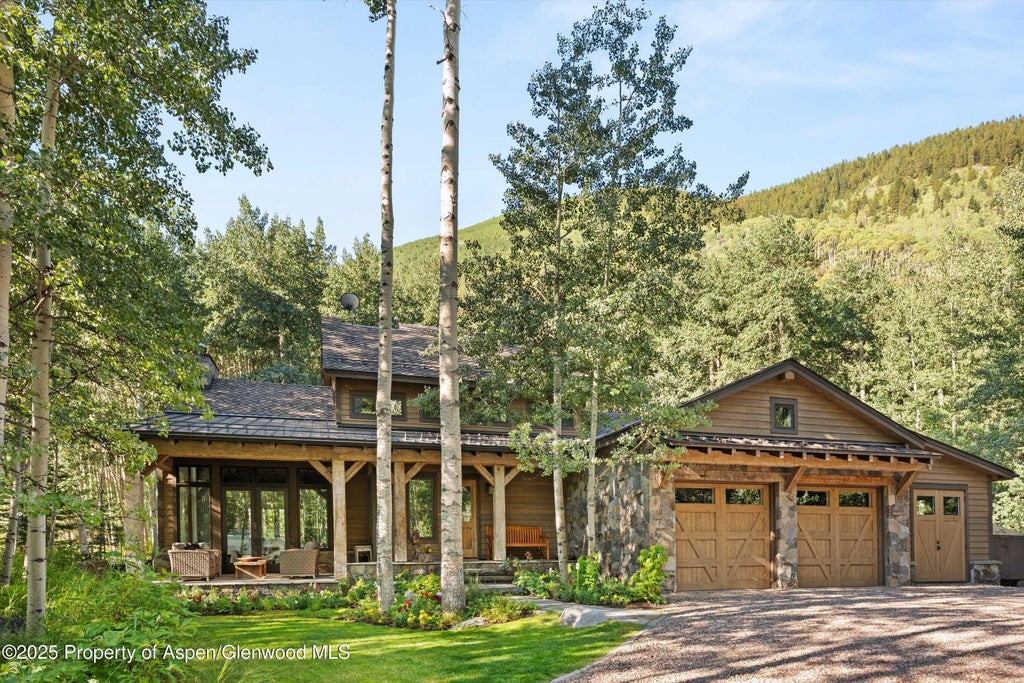
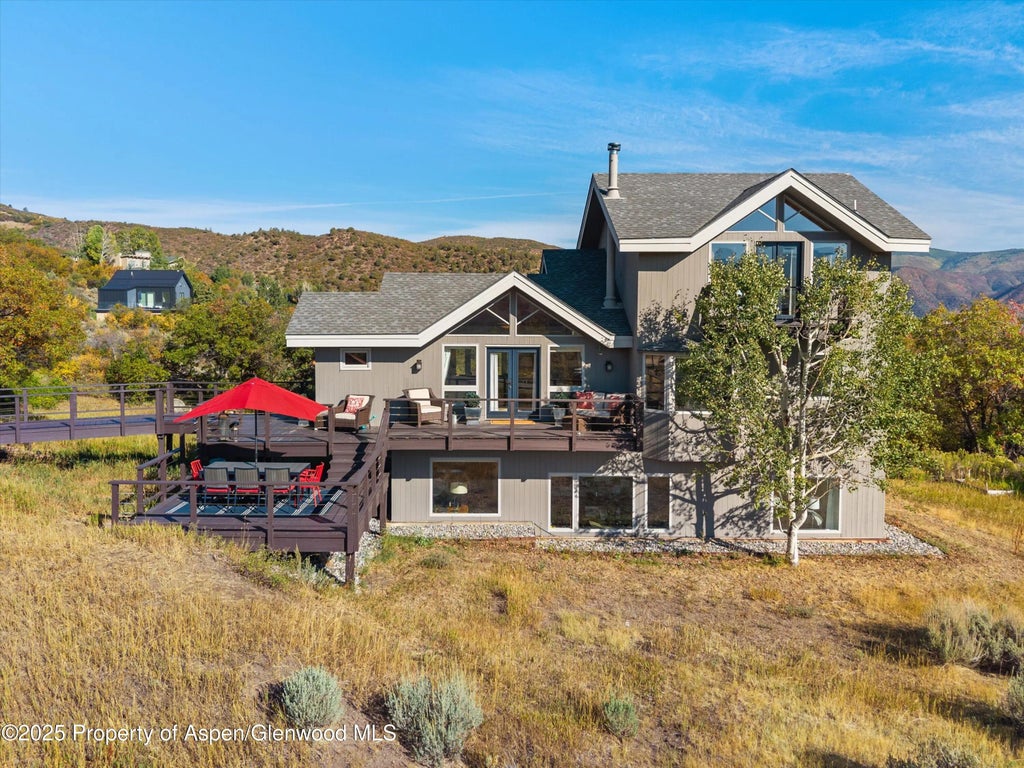
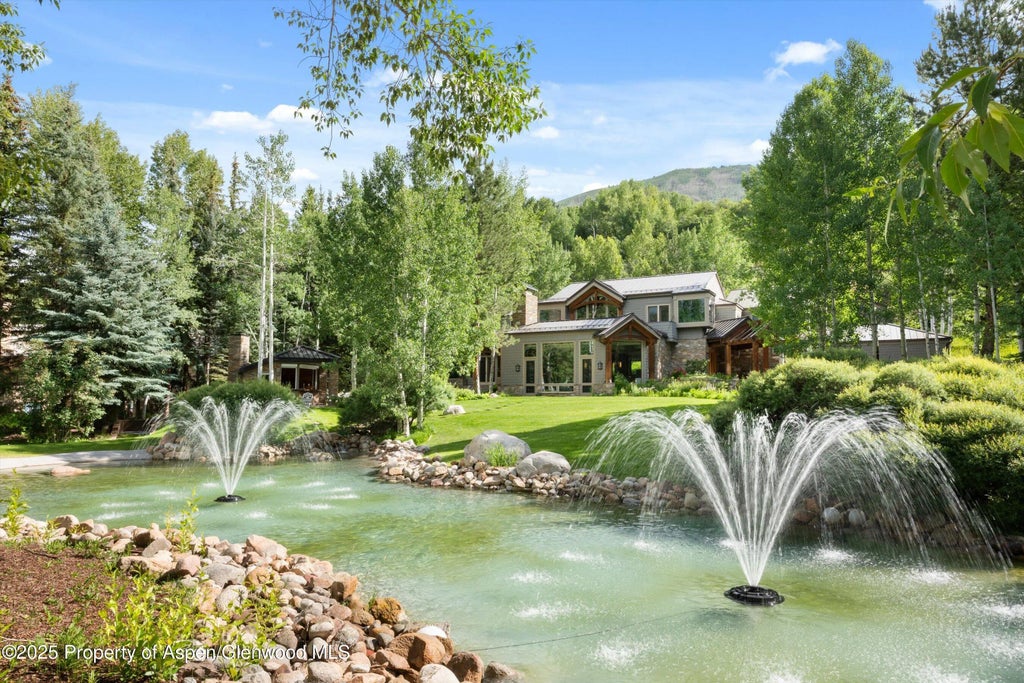
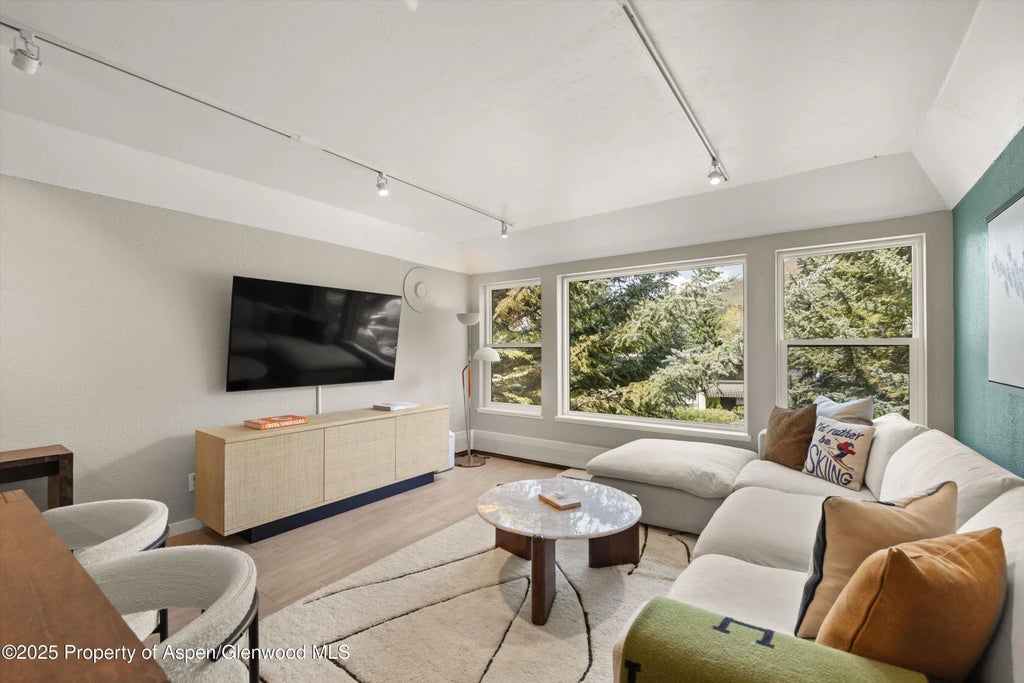
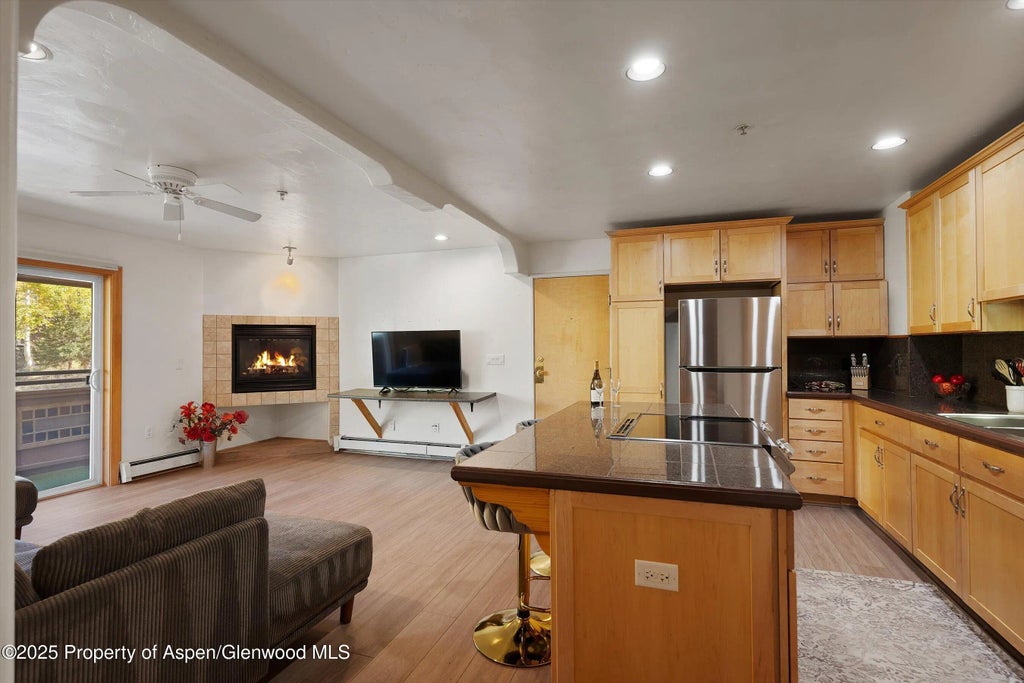
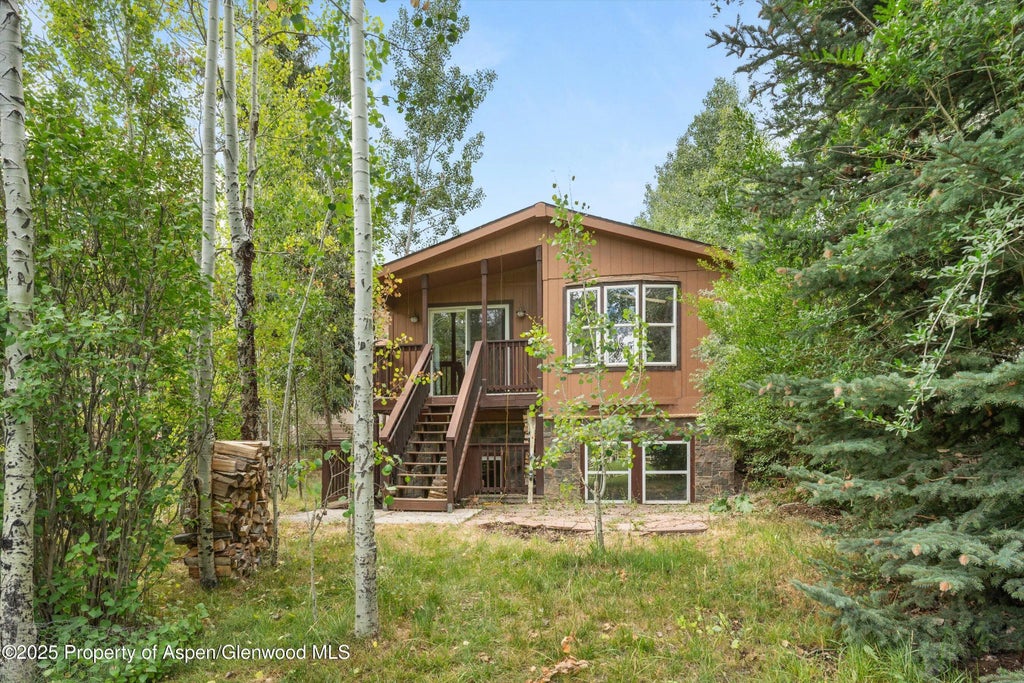
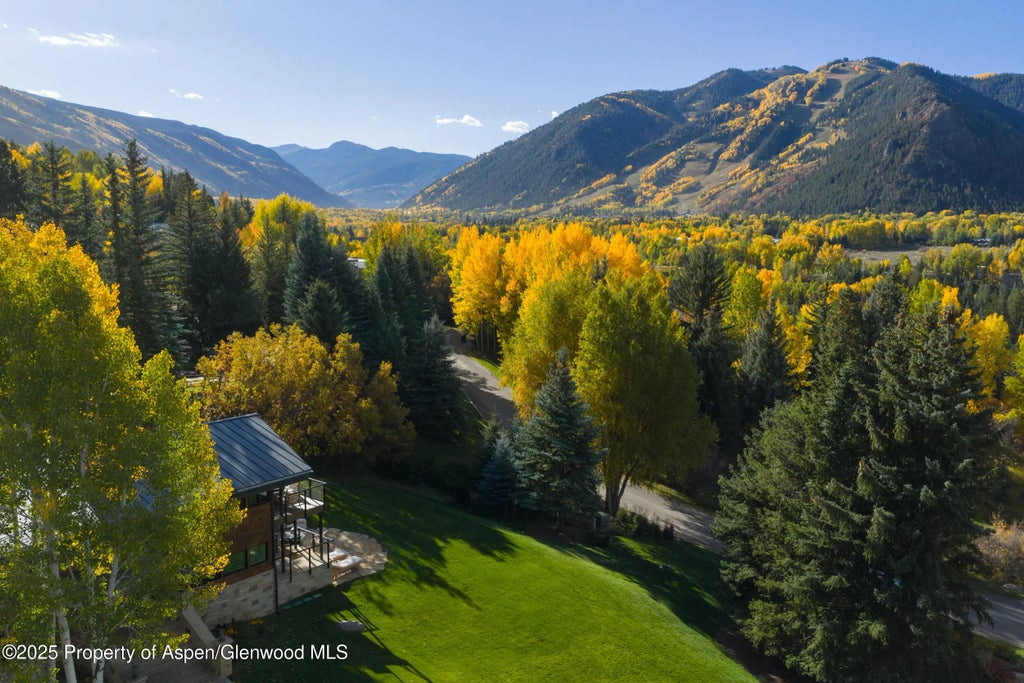
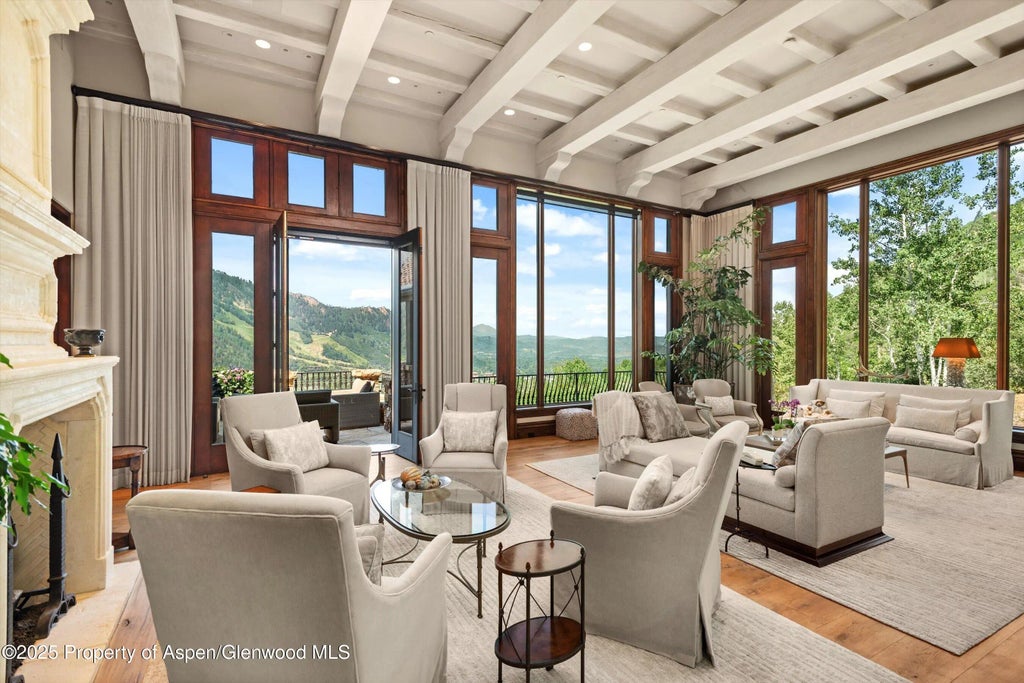
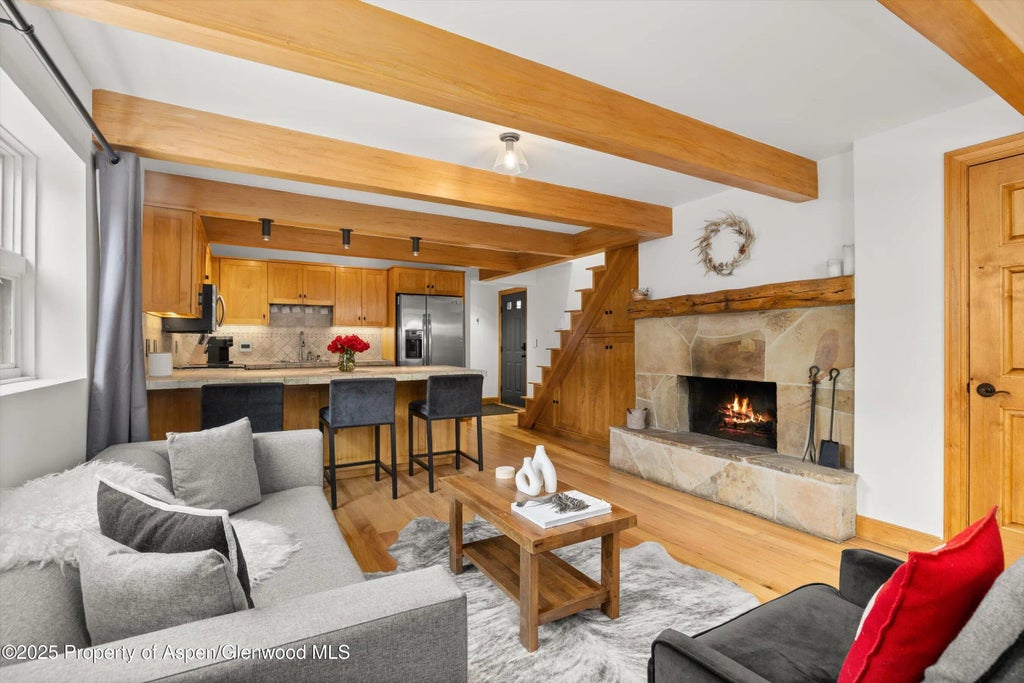
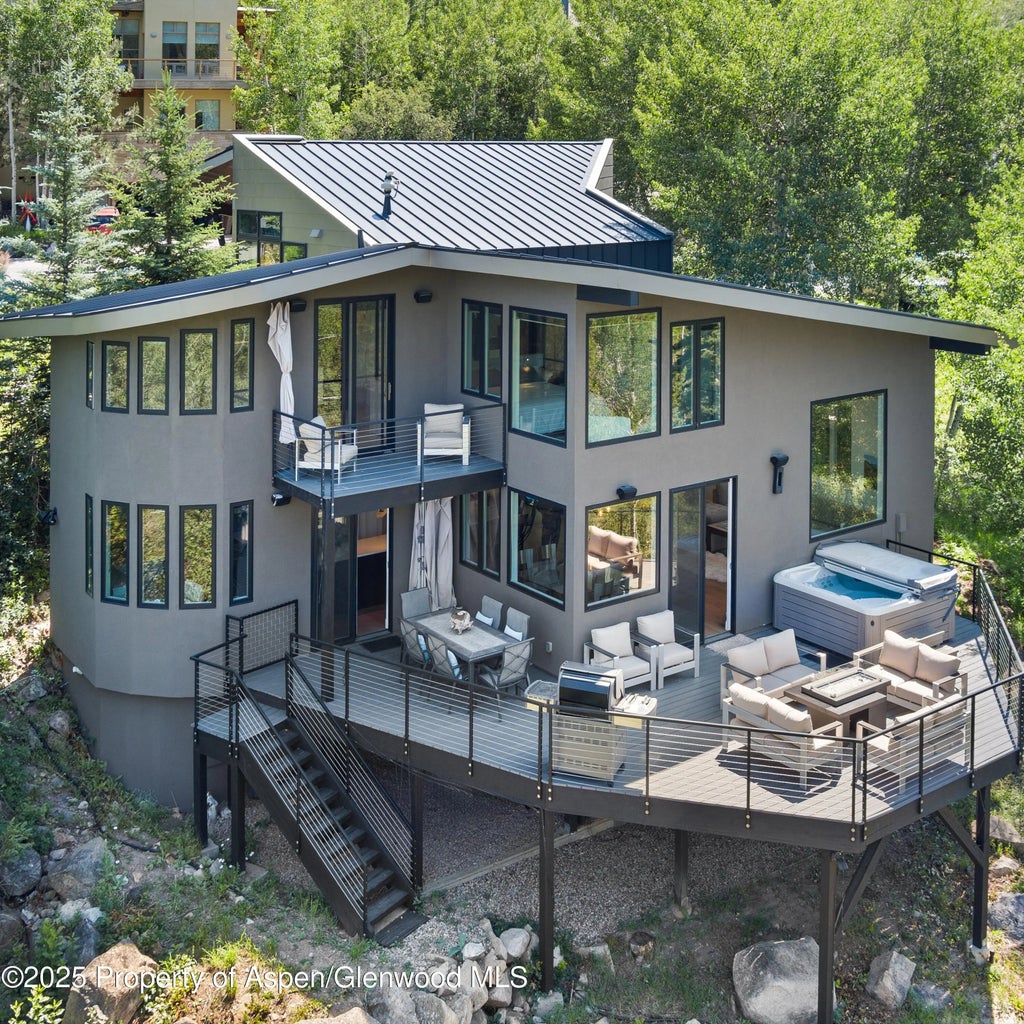
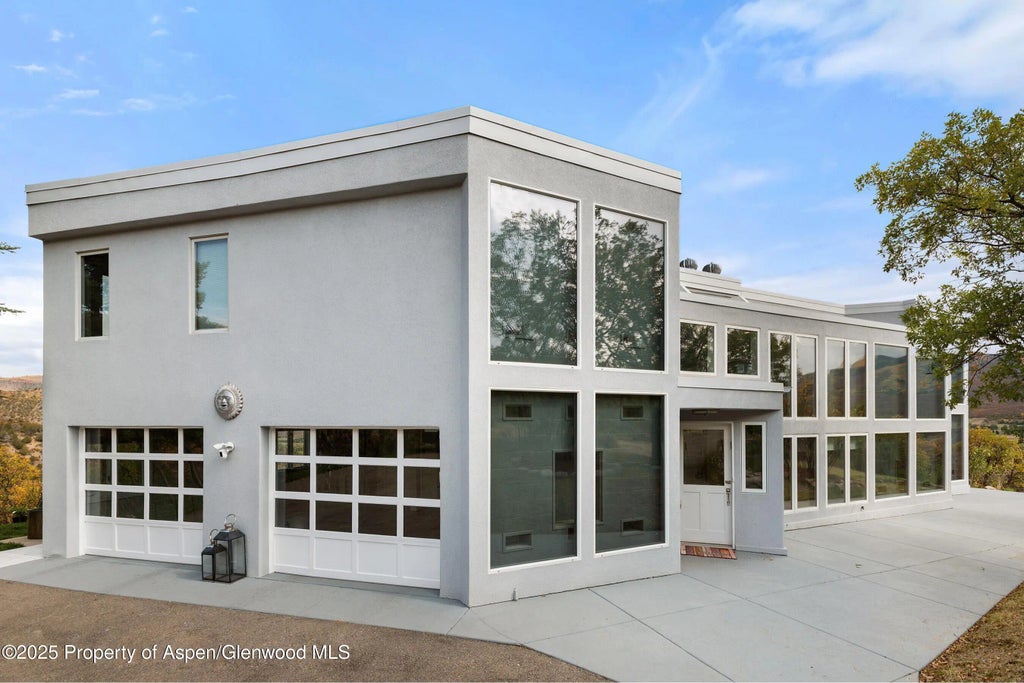
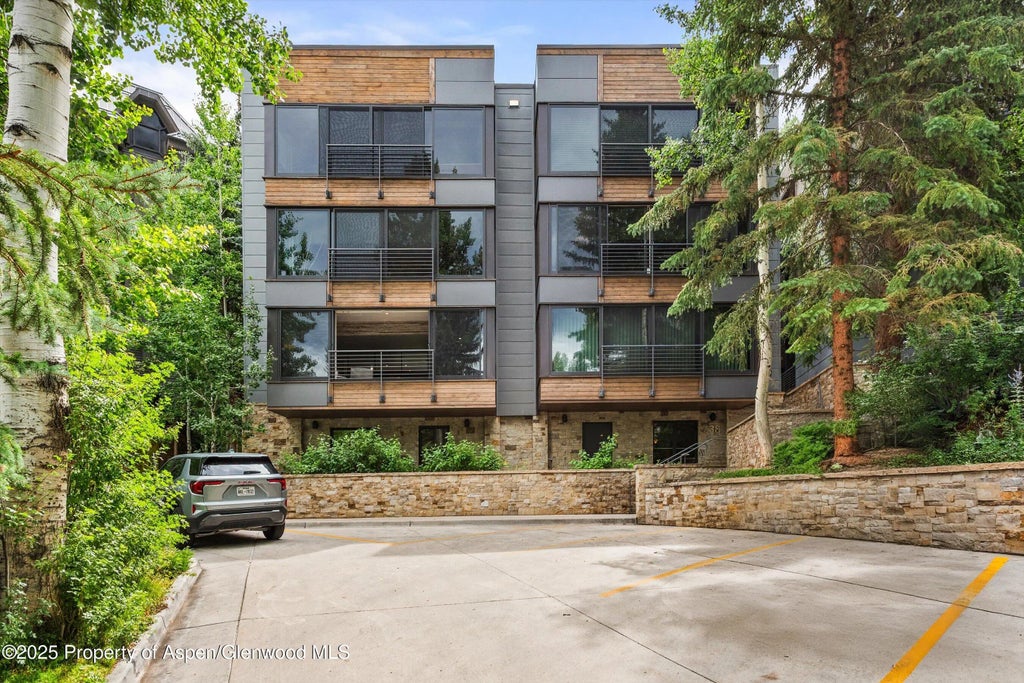
Leave A Comment